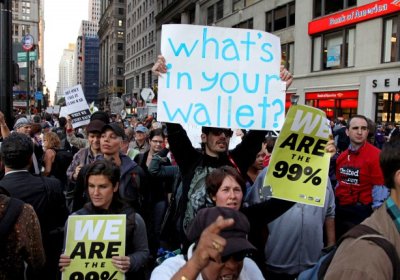US President Donald Trump told the media on August 10 that he would not “rule out “military options” for dealing with Venezuela. His comments were followed by the imposition of economic sanctions against Venezuela on August 25.
Labeling Venezuelan President Nicolas Maduro as a "dictator", the White House said in a statement that the new sanctions seek to block "a critical source of funding" for the Venezuelan government, which is having to deal with a deep economic crisis.











